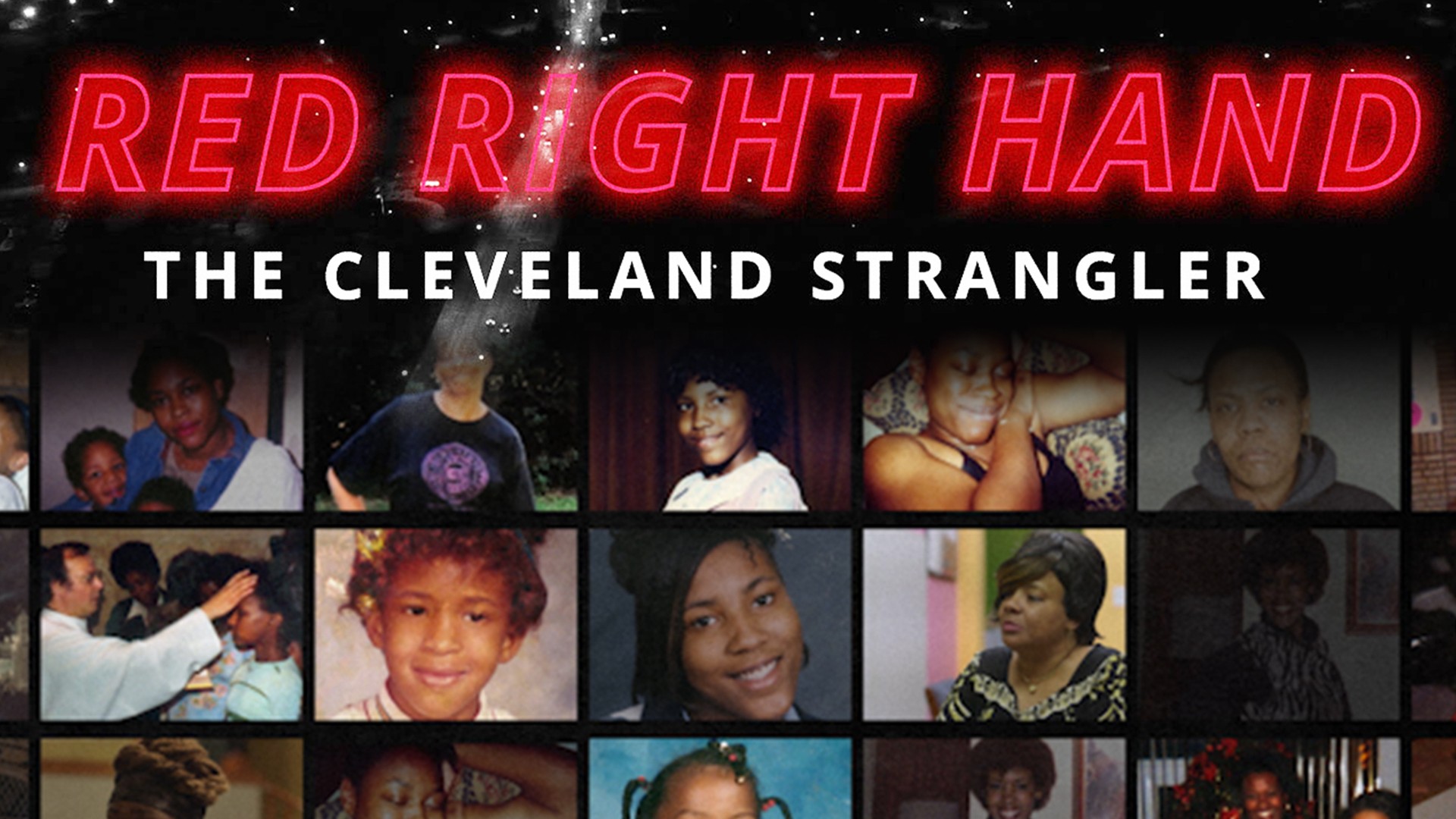Nathan Carman. (AP Photo/Michael Dwyer, File)
"This is not about money, it is about justice," attorney Daniel Small said Monday in a statement issued alongside a petition to cut 23-year-old Nathan Carman out of the millions of dollars he would otherwise be owed in his grandfather's will.Small is representing Carman's three aunts, Valerie Santilli, Elaine Chakalos, and Charlene Gallagher, in their new "slayer" legal action. For the women to prevail, Small has to show a judge that Carman—who has not been charged with, much less convicted of, a crime—murdered his grandfather, John Chakalos, in December 2013. Less central to the aunts' claim but still at issue is another mysterious death: that of Carman's mother, last fall.The unusual complaint was filed in a New Hampshire probate court on Monday, and essentially argues that Carman should not be able to inherit money from people he (allegedly) killed.Chakalos, a real estate mogul, was shot to death while laying in bed in his Windsor, Connecticut, home. He left behind a $44-million dollar estate, which was to be distributed between his four daughters—at least until one of them, Nathan's mother Linda, went missing.In September 2016, Nathan and Linda Carman departed on a fishing trip in their 31-foot yacht, the Chicken Pox, off the shore of Rhode Island. The boat sank, and Nathan was picked up about a week later in a life raft more than 100 miles off the coast of Martha's Vineyard, as the Boston Globe reported at the time.Carman's mother's body was never found, and his grandfather's murder case is still open. According to his aunts' complaint, the younger Carman murdered his grandfather so he could inherit a fortune—a "heinous act" allegedly carried out because of his "malice and greed."Carman's parents are divorced, and he is his mother's only child, meaning he stood to gain her generous share of the inheritance in its entirety.The three aunts have promised to use all of the money they might win with the complaint to investigate the murder of Chakalos and the death of Linda Carman, while donating the rest of the 23-year-old's inheritance to charity, according to Small.Carman was the last person to see both his mother and grandfather alive—"other than the killer," he insisted in a painfully awkward interview that aired on ABC's 20/20 earlier this spring."There is no relationship between having been the last person other than the killer to have seen my grandfather alive and my having been on the boat with my mother when it sank," the young man told Linzie Janis. Carman added that he agreed to the interview because he wanted to publicly convey his genuine grief for the loss of his loved ones.But conveying emotion is no easy task for Carman, who has been diagnosed with Asperger's syndrome, the symptoms of which can include a flat affect and measured speech. Much of the interview focused on whether or not Carman's seemingly strange behavior was evidence of guilt or a symptom of his condition.In the same 20/20 special, Carman claimed police targeted him because he is "low-hanging fruit" by virtue of his diagnosis. Carman's then attorney Hubert Santos also criticized Windsor police, who have publicly touted him as a prime suspect in his grandfather's death. "When police talk to him, they immediately become suspicious because of his odd manner," Santos told the program. If the case against Carman were strong, the attorney added, Windsor police "would have arrested him."But that isn't necessarily the case, according to Albert "Buzz" Scherr, a professor of law at the University of New Hampshire. To convict on a murder charge, the government must prove the charges beyond a reasonable doubt. To make moving forward worthwhile, they "personally have to believe beyond a reasonable doubt that they can prove the case," Scherr said.In other words, the government isn't going to try a case unless prosecutors think they can win.It's not unheard of for defendants to win in criminal cases, only to get sacked in civil court—the classic example being the OJ Simpson murder saga. In civil cases, prosecutors do not have to prove guilt beyond a reasonable doubt; they just have to prove that it is more likely than not that something happened in the way they claim.What makes this case novel is that unlike Simpson, Carman has (at least so far) not been charged criminally. And he's essentially accused of murder in probate court, which is typically the realm of wills and estates."It's a pretty unusual circumstance," Scherr told me, adding that the family most likely hired Small because of his previous work as a prosecutor for the feds. "He's used to proving murders."In their 12-page complaint, the aunts' attorneys allege that at least one of the bullets that killed Chakalos came from a ".308 caliber weapon." Meanwhile, Carman bought a Sig Sauer 716 Patrol .308 rifle before his grandfather's death, according to a police affidavit. The gun is worth $3,000, is three-foot long, and weighs almost ten pounds, and to lose it—as the aunts claim he did—would be an "extraordinary act," according to their complaint.Neither Carman's gun nor the murder weapon have since been recovered.Less than a week after Carman was rescued at sea by a cargo ship called the Orient Lucky, he filed an insurance claim in excess of $75,000 for his boat. The insurance company declined his request, claiming that he increased his own risk when he drilled four silver dollar size holes in the boat—ostensibly to remove the trim tabs, a part of the boat that helps with stabilization—but did not properly fill those holes before setting off with his mother. Nor did Carman turn on monitoring systems that could have called for help, the insurer claimed.Instead, Carman told law enforcement that the engine quickly filled with water, that he heard a "funny noise," and that after telling his mother to reel in fishing lines, he never saw her again.It is unclear whether Carman will obtain his one-time attorney to defend him against the "slayer" action in probate court—or if he can afford to. Santos did not respond to calls as of press time, and attempts to reach Carman directly were unsuccessful. Since the case is being brought in probate court, he is not guaranteed a court-appointed lawyer, according to Robert Stein, a veteran New Hampshire attorney who specializes in probate law.But if, due to his mental health, Carman is not able to represent himself, then the court will pause the case and hire representation on his behalf, the attorney said."That may put a wrinkle to things," added Stein, who said he's never seen a case quite like this one.Follow Susan Zalkind on Twitter.
According to his aunts' complaint, the younger Carman murdered his grandfather so he could inherit a fortune—a "heinous act" allegedly carried out because of his "malice and greed."Carman's parents are divorced, and he is his mother's only child, meaning he stood to gain her generous share of the inheritance in its entirety.The three aunts have promised to use all of the money they might win with the complaint to investigate the murder of Chakalos and the death of Linda Carman, while donating the rest of the 23-year-old's inheritance to charity, according to Small.Carman was the last person to see both his mother and grandfather alive—"other than the killer," he insisted in a painfully awkward interview that aired on ABC's 20/20 earlier this spring."There is no relationship between having been the last person other than the killer to have seen my grandfather alive and my having been on the boat with my mother when it sank," the young man told Linzie Janis. Carman added that he agreed to the interview because he wanted to publicly convey his genuine grief for the loss of his loved ones.But conveying emotion is no easy task for Carman, who has been diagnosed with Asperger's syndrome, the symptoms of which can include a flat affect and measured speech. Much of the interview focused on whether or not Carman's seemingly strange behavior was evidence of guilt or a symptom of his condition.In the same 20/20 special, Carman claimed police targeted him because he is "low-hanging fruit" by virtue of his diagnosis. Carman's then attorney Hubert Santos also criticized Windsor police, who have publicly touted him as a prime suspect in his grandfather's death. "When police talk to him, they immediately become suspicious because of his odd manner," Santos told the program. If the case against Carman were strong, the attorney added, Windsor police "would have arrested him."But that isn't necessarily the case, according to Albert "Buzz" Scherr, a professor of law at the University of New Hampshire. To convict on a murder charge, the government must prove the charges beyond a reasonable doubt. To make moving forward worthwhile, they "personally have to believe beyond a reasonable doubt that they can prove the case," Scherr said.In other words, the government isn't going to try a case unless prosecutors think they can win.It's not unheard of for defendants to win in criminal cases, only to get sacked in civil court—the classic example being the OJ Simpson murder saga. In civil cases, prosecutors do not have to prove guilt beyond a reasonable doubt; they just have to prove that it is more likely than not that something happened in the way they claim.What makes this case novel is that unlike Simpson, Carman has (at least so far) not been charged criminally. And he's essentially accused of murder in probate court, which is typically the realm of wills and estates."It's a pretty unusual circumstance," Scherr told me, adding that the family most likely hired Small because of his previous work as a prosecutor for the feds. "He's used to proving murders."In their 12-page complaint, the aunts' attorneys allege that at least one of the bullets that killed Chakalos came from a ".308 caliber weapon." Meanwhile, Carman bought a Sig Sauer 716 Patrol .308 rifle before his grandfather's death, according to a police affidavit. The gun is worth $3,000, is three-foot long, and weighs almost ten pounds, and to lose it—as the aunts claim he did—would be an "extraordinary act," according to their complaint.Neither Carman's gun nor the murder weapon have since been recovered.Less than a week after Carman was rescued at sea by a cargo ship called the Orient Lucky, he filed an insurance claim in excess of $75,000 for his boat. The insurance company declined his request, claiming that he increased his own risk when he drilled four silver dollar size holes in the boat—ostensibly to remove the trim tabs, a part of the boat that helps with stabilization—but did not properly fill those holes before setting off with his mother. Nor did Carman turn on monitoring systems that could have called for help, the insurer claimed.Instead, Carman told law enforcement that the engine quickly filled with water, that he heard a "funny noise," and that after telling his mother to reel in fishing lines, he never saw her again.It is unclear whether Carman will obtain his one-time attorney to defend him against the "slayer" action in probate court—or if he can afford to. Santos did not respond to calls as of press time, and attempts to reach Carman directly were unsuccessful. Since the case is being brought in probate court, he is not guaranteed a court-appointed lawyer, according to Robert Stein, a veteran New Hampshire attorney who specializes in probate law.But if, due to his mental health, Carman is not able to represent himself, then the court will pause the case and hire representation on his behalf, the attorney said."That may put a wrinkle to things," added Stein, who said he's never seen a case quite like this one.Follow Susan Zalkind on Twitter.
Advertisement

Advertisement
Advertisement
Advertisement
